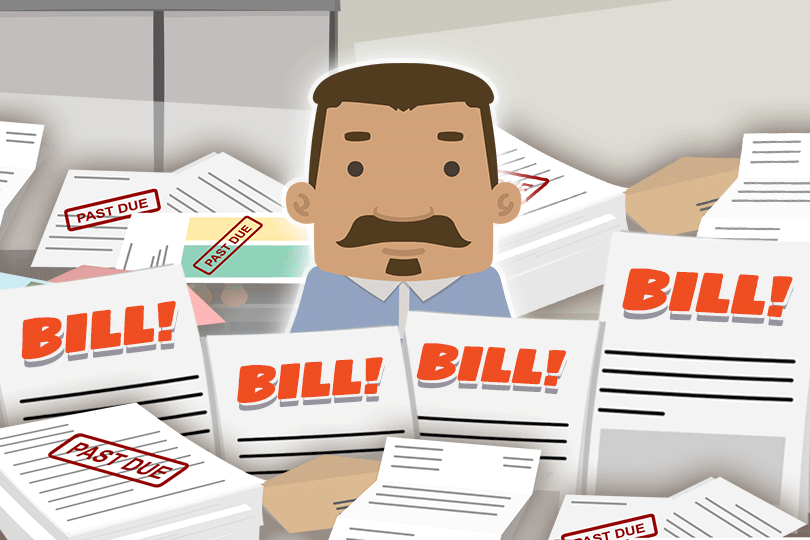Missing a Payment on an FHA Mortgage

Missed payments can lead to serious issues with the mortgage, especially if you are thinking about applying for a refinance loan.
What should you know about missing an FHA home loan payment? One thing that you’ll learn after your first late payment is the issuance of late charges, which you should avoid racking up whenever possible. But how late is “too late” to avoid paying a late fee on your FHA loan?
FHA loan rules for late payments are found in HUD 4000.1. The handbook explains what the FHA views as a late payment on the FHA loan as well as what your loan service must do about it. According to HUD 4000.1:
“Late Charges are charges assessed if a Mortgage Payment is received more than 15 days after the due date.” And the lender is allowed to start issuing mortgage loan late charges on the 17th day of the month of the late payment. However, the timing of your loan may play an important part in late charges and how much they might cost.
The rules in this area are subject to revision from time to time. One such revision included a specific date requirement applicable toward certain limits on FHA loan late fees.
According to HUD 4000.1, “For Mortgages assigned a case number on or after March 14, 2016, the Mortgagee may assess a Late Charge, not to exceed 4 percent of the overdue payment of Principal and Interest (P&I) and in accordance with applicable law.”
The rules for those who have an FHA loan with an FHA case number prior to that March 14, 2016 date? From HUD 4000.1;
“For Mortgages assigned a case number before March 14, 2016, the Mortgagee may assess a Late Charge calculated based on overdue PITI if permitted under the terms of the mortgage Note and under applicable law.”
Furthermore, before collecting a late fee, under FHA loan rules your loan service is required to notify the borrower with “advance written notice” of the late fee to meet the following requirements.
“The Mortgagee must include in the advance notice the following information:
- The due date of the payment;
- The amount of the regular monthly payment;
- The date on which the Late Charge will be imposed; and
- The amount of the Late Charge (or the full amount now due which consists of the regular monthly payment plus the Late Charge amount).”
------------------------------
RELATED VIDEOS:
Reverse Mortgages Are Ideal for Senior Borrowers
The Pros and Cons of Subprime Mortgages
A Streamline Refinance Simplifies the FHA Loan Process

Do you know what's on your credit report?
Learn what your score means.







